Search Results: AC
-
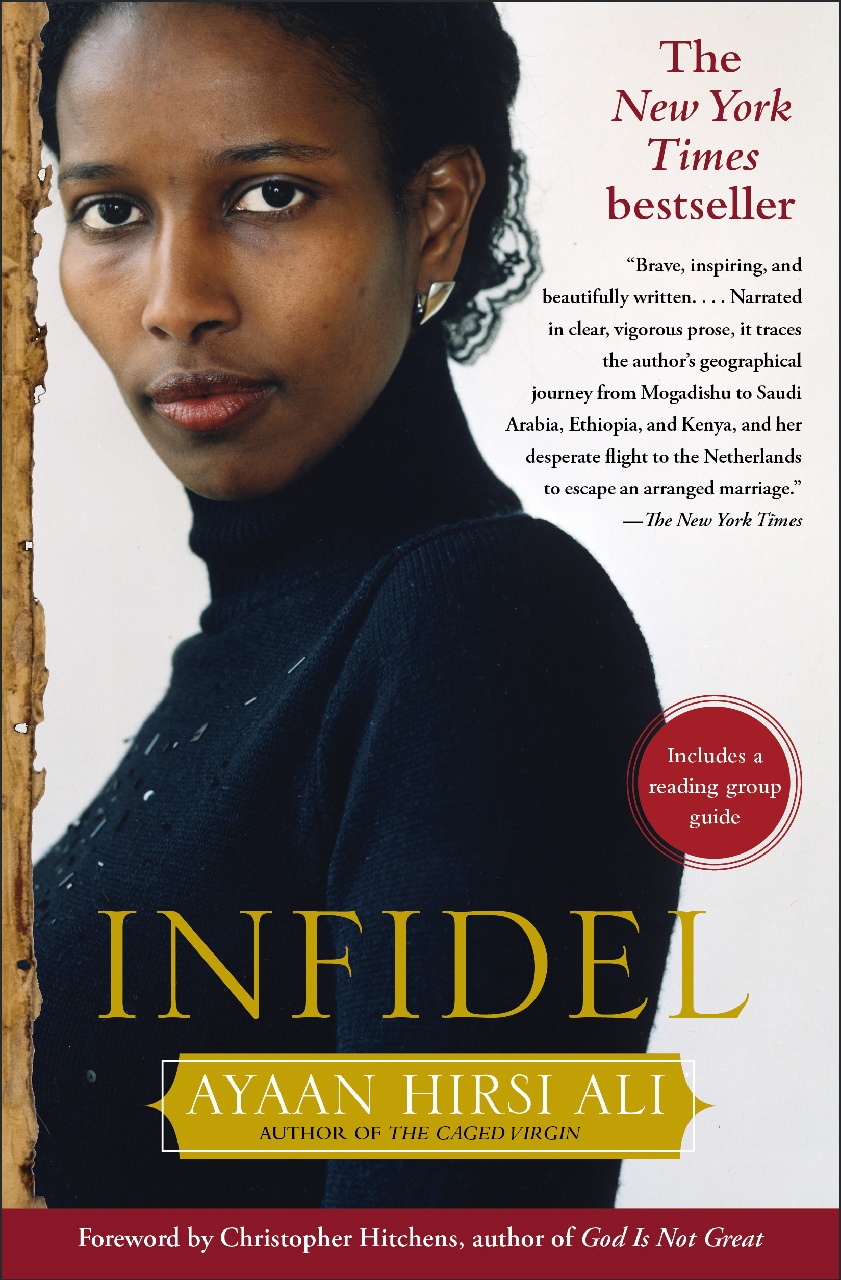 Book
BookInfidel
Apart from feelings of guilt over van Gogh’s death, her voice is forceful and unbowed—like Irshad Manji, she delivers a powerful feminist critique of Islam informed by a genuine understanding of the religion.
-
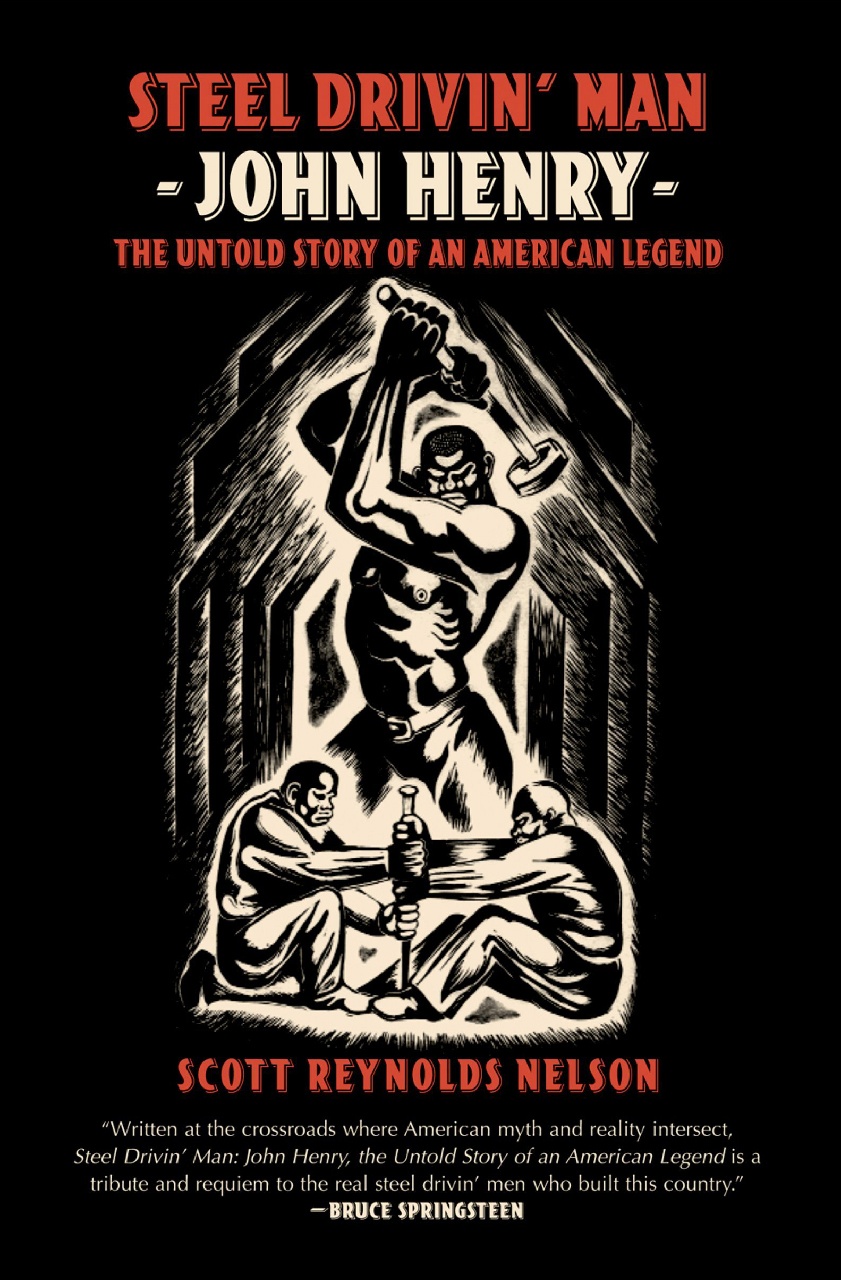 Book
BookSteel Drivin’ Man
Steel Drivin’ Man, which explores the real life and legend of railway hero John Henry, received the Merle Curti Prize for best hook in U.S. social and cultural history from the Organization of American Historians and the National Award for Arts Writing.
-
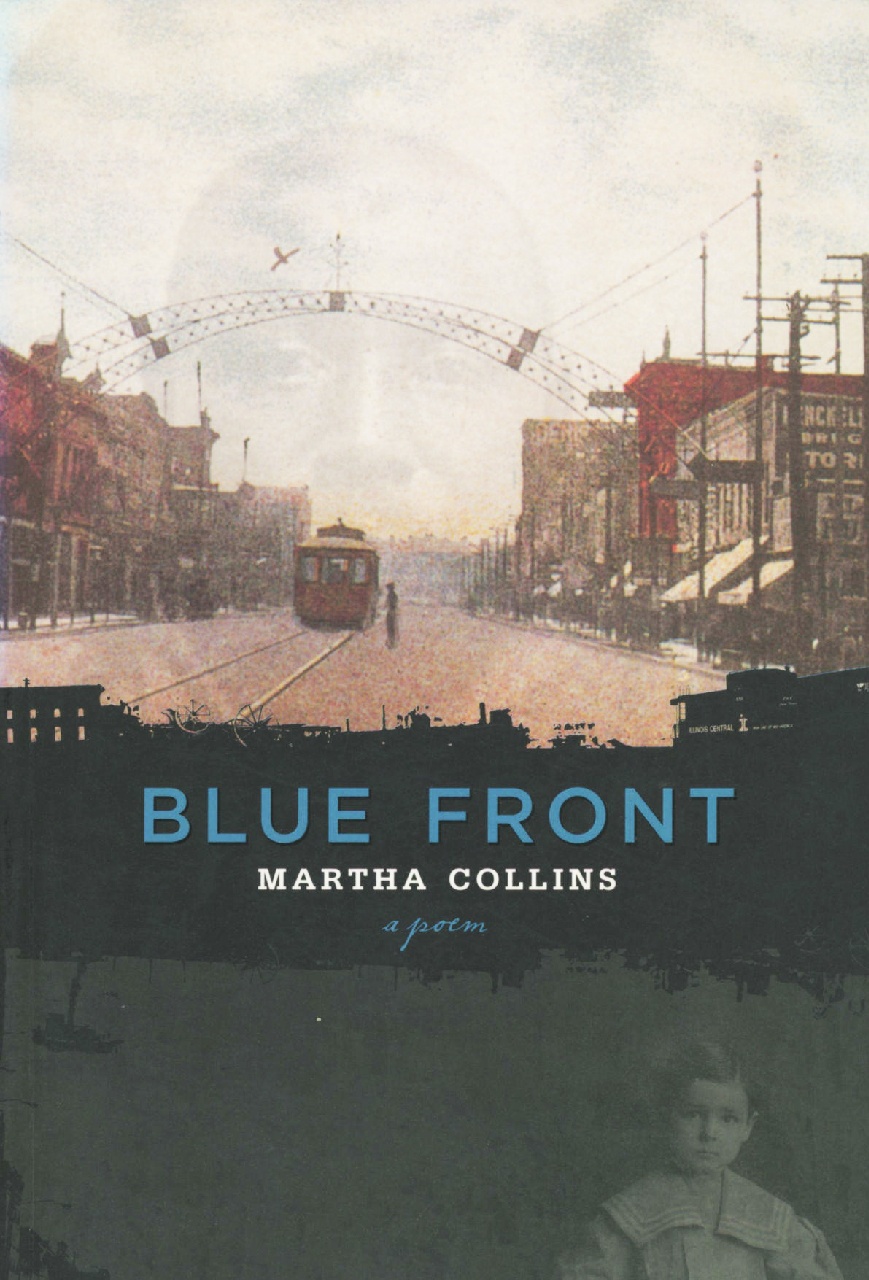 Book
BookBlue Front
‘Blue Front,’ the book-length poem based on a lynching her father witnessed when he was five years old in Cairo, Illinois, was also chosen as one of “25 Books to Remember from 2006” by the New York Public Library and won an Ohioana Book Award.
-
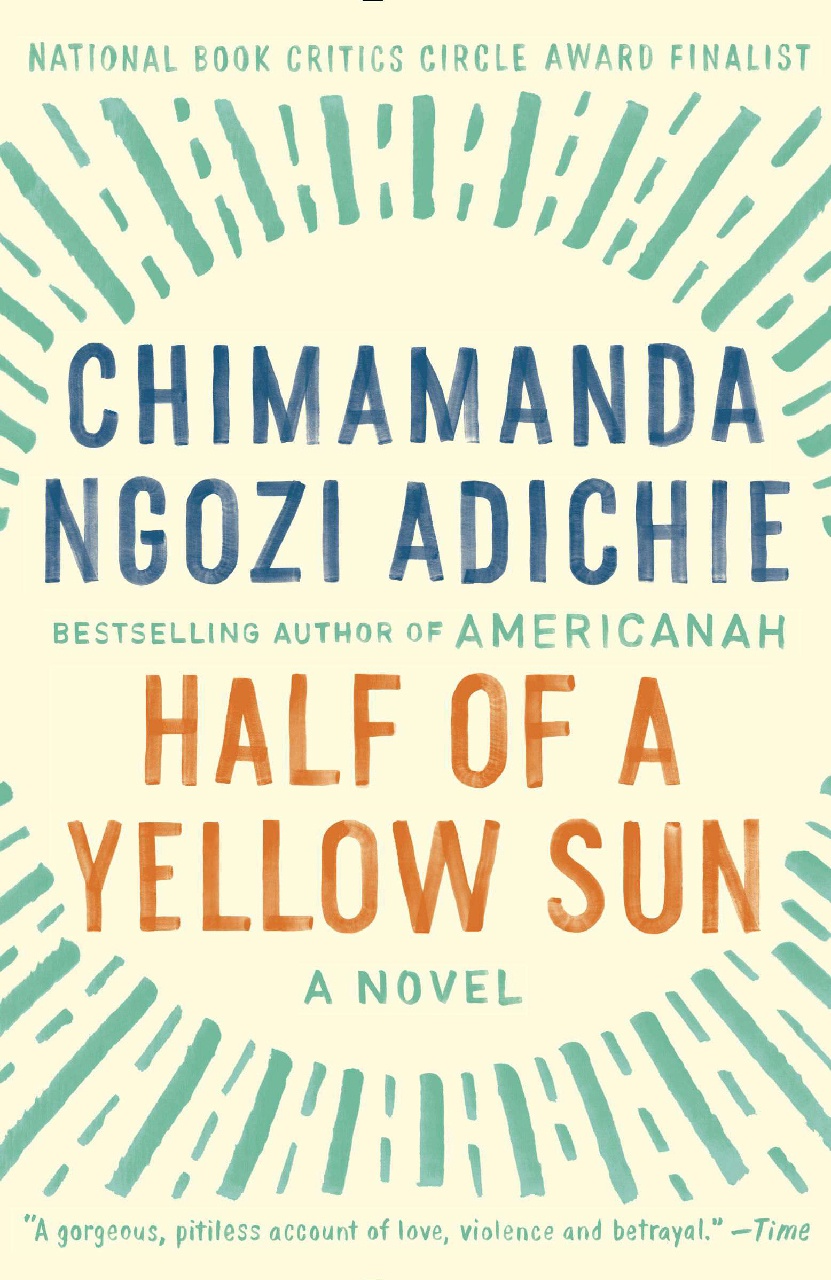 Book
BookHalf of a Yellow Sun
Her second novel, “Half of a Yellow Sun,” also the title of one of her short stories, is set before and during the Biafran War.
-
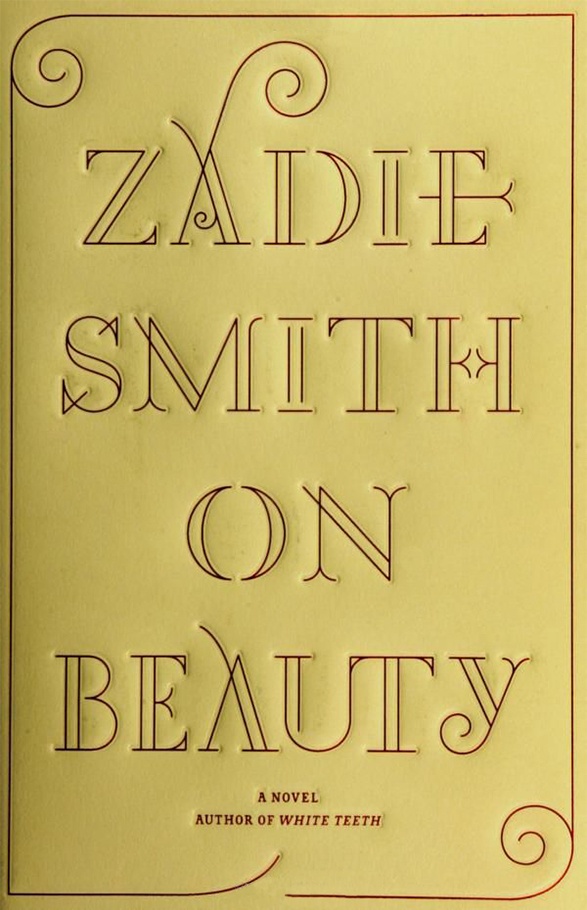 Book
BookOn Beauty
‘On Beauty’ was recognized with the Orange Prize for Fiction and The Commonwealth Writers’ Best Book Award (Eurasia Section). In addition, the novel was short listed for the Man Booker Prize and was selected by The New York Times as one of the 10 Best Books of 2005.
-
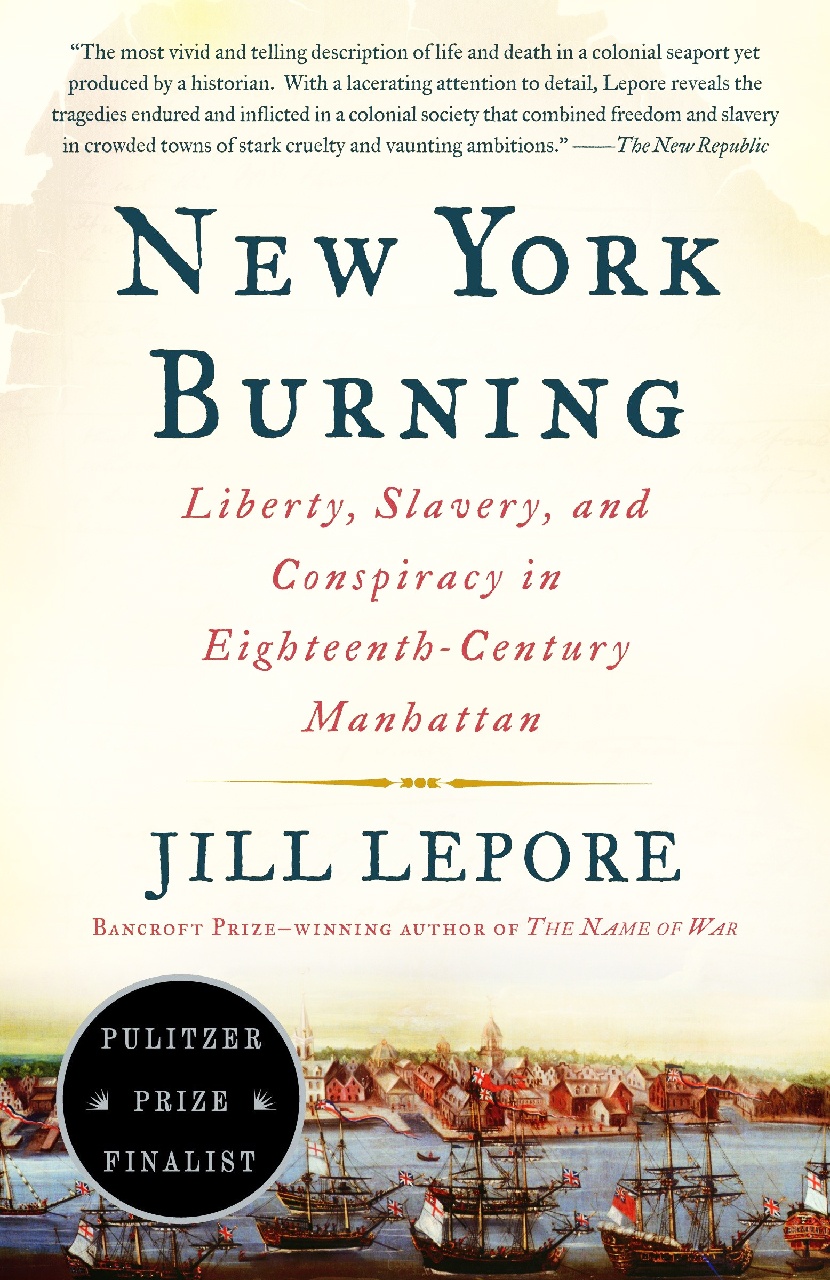 Book
BookNew York Burning
In addition to the Anisfield-Wolf Book Awards, “New York Burning” was also a finalist for the Pulitzer Prize.
-
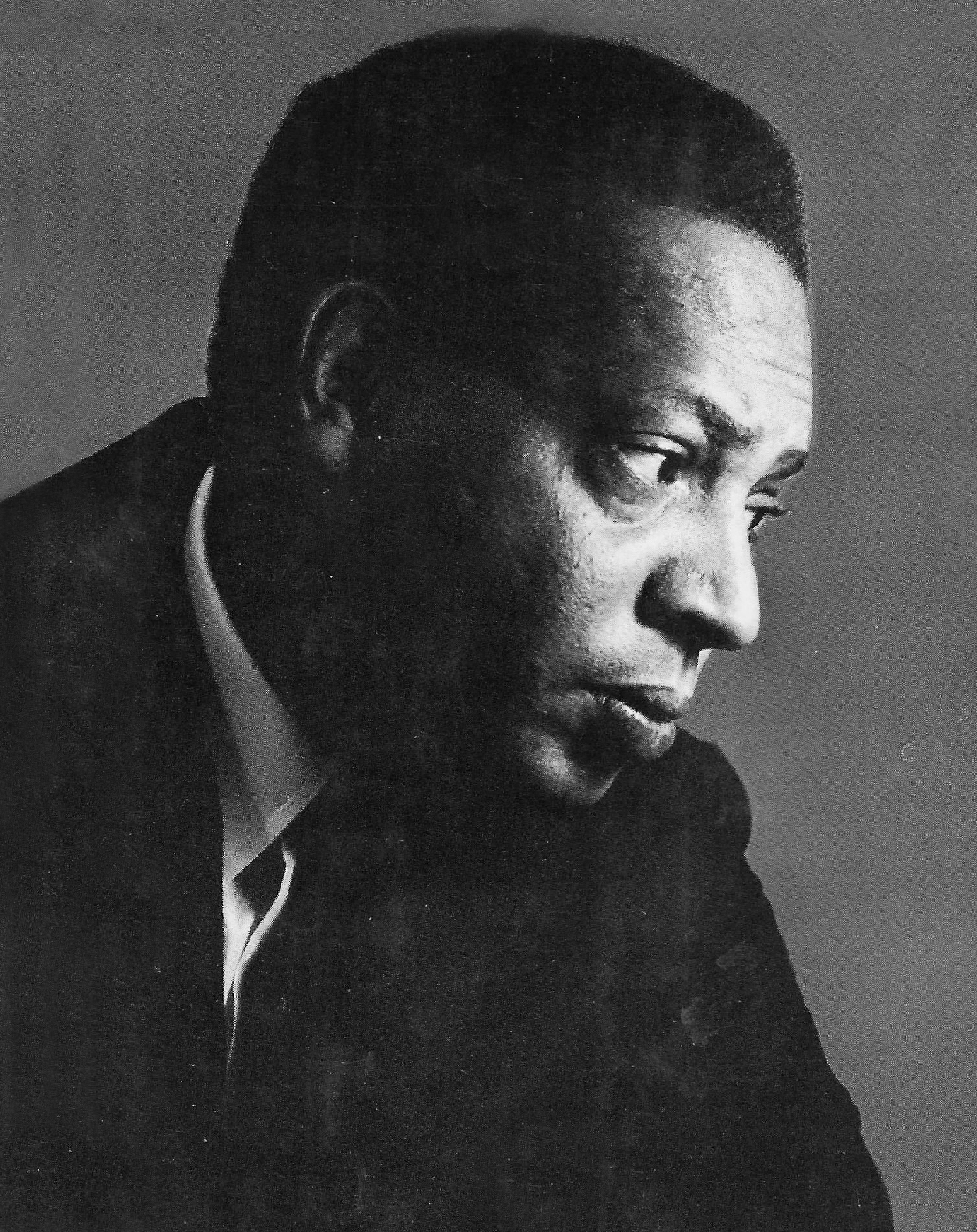 Author
AuthorWilliam Demby
Writing these novels was as often as not a sobering learning experience. “Beetlecreek” taught me that Truth is seldom a blazing billboard of light, but as often as not the revelation of a gentle unfolding flower.
-
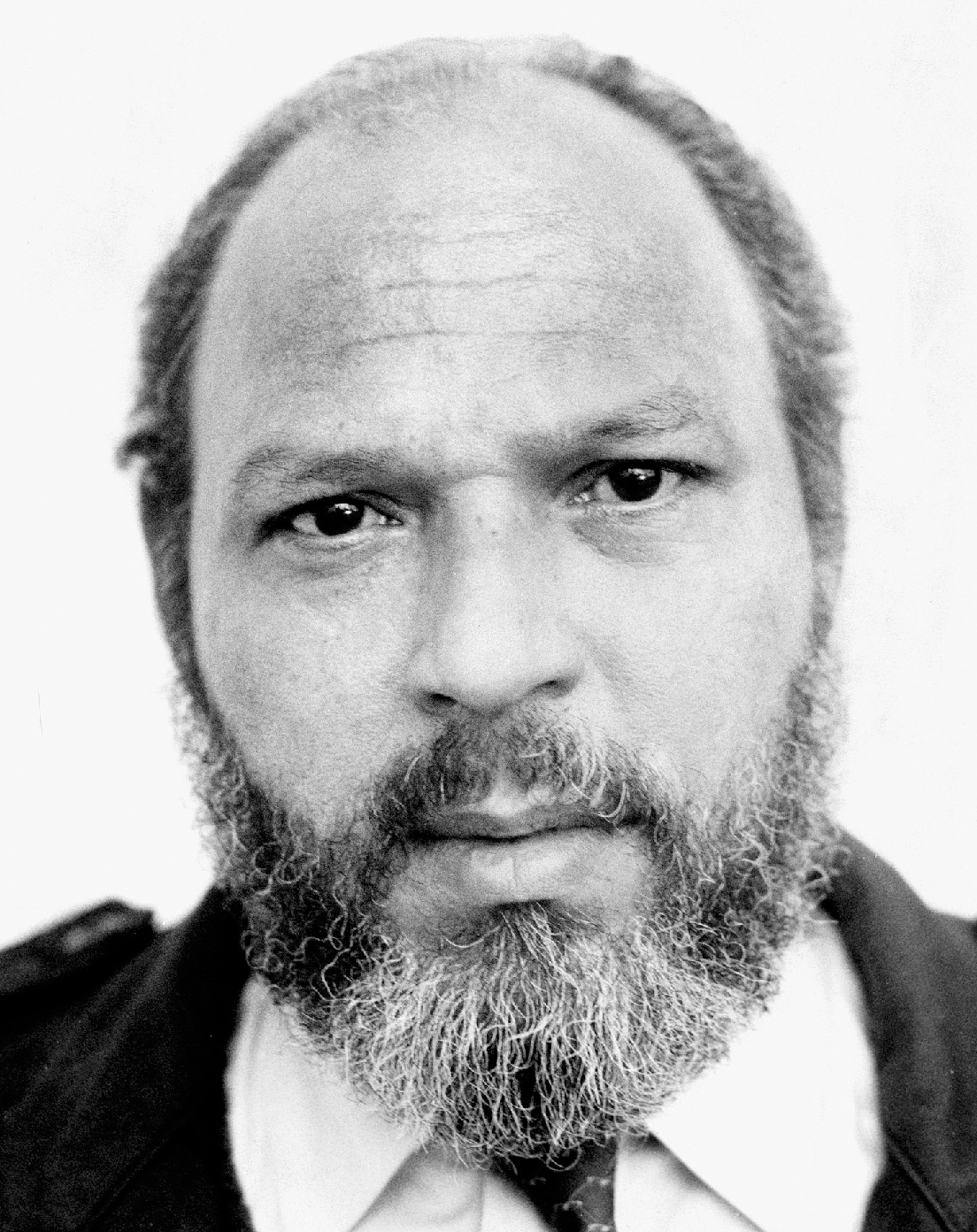 Author
AuthorAugust Wilson
These works explore the heritage and experience of African-Americans, decade-by-decade, over the course of the twentieth century.
-
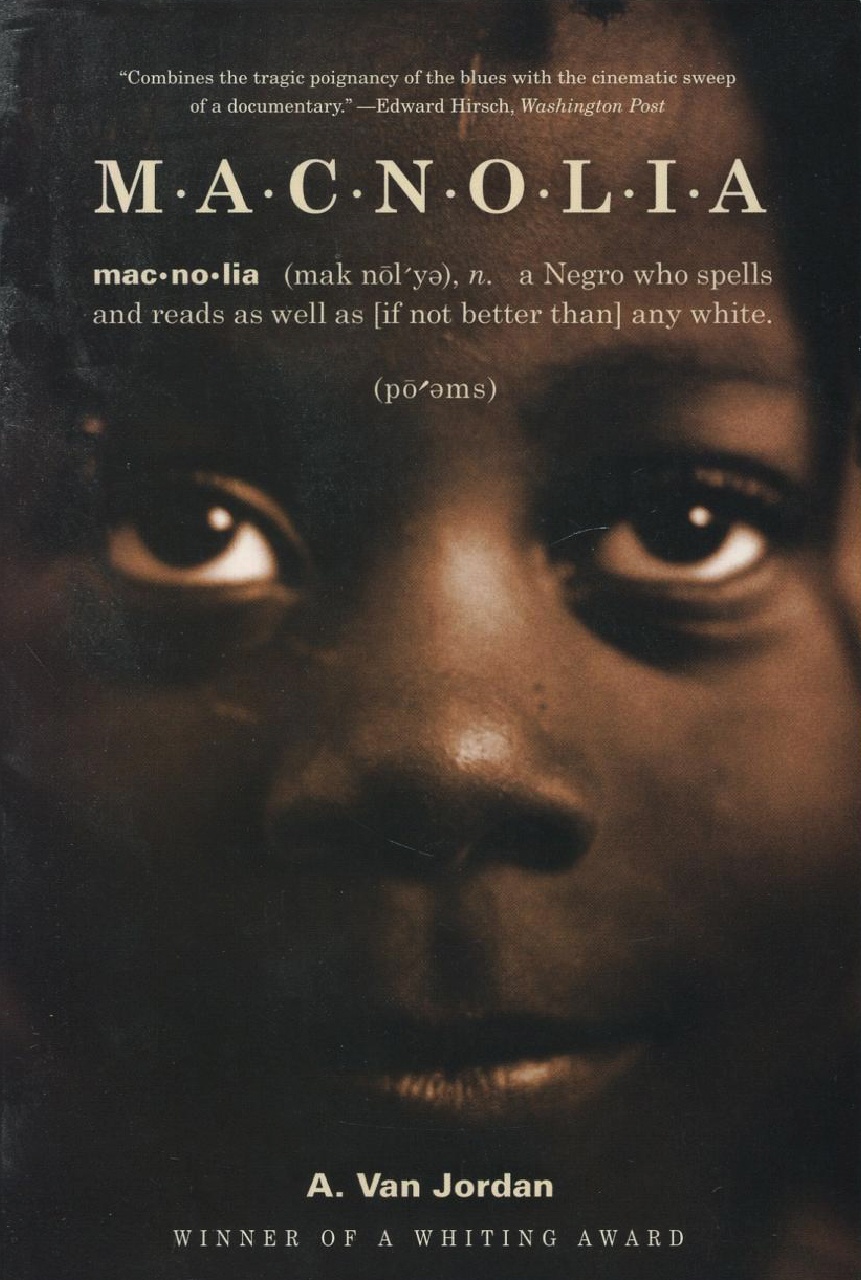 Book
BookM•A•C•N•O•L•I•A
The word “macnolia,” he tellingly suggests, means “a Negro who spells and reads as well as [if not better than] any white”—and it gives him a convincing way to concentrate on an individual life while also exploring social attitudes and racial prejudices of Depression-era America.
-
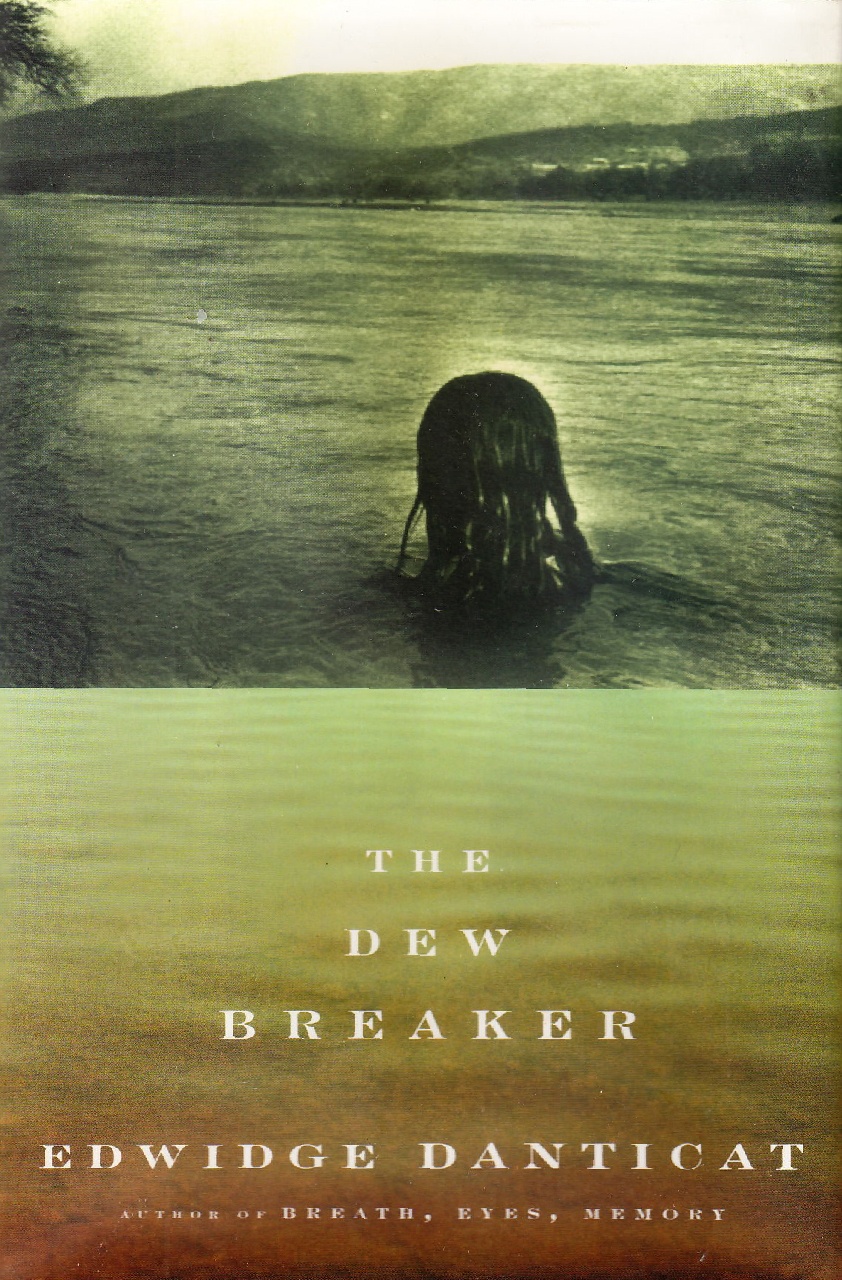 Book
BookThe Dew Breaker
‘The Dew Breaker’ is a beautifully constructed novel that spirals back to the reformed prison guard at the end, while holding unanswered the question of redemption.
-
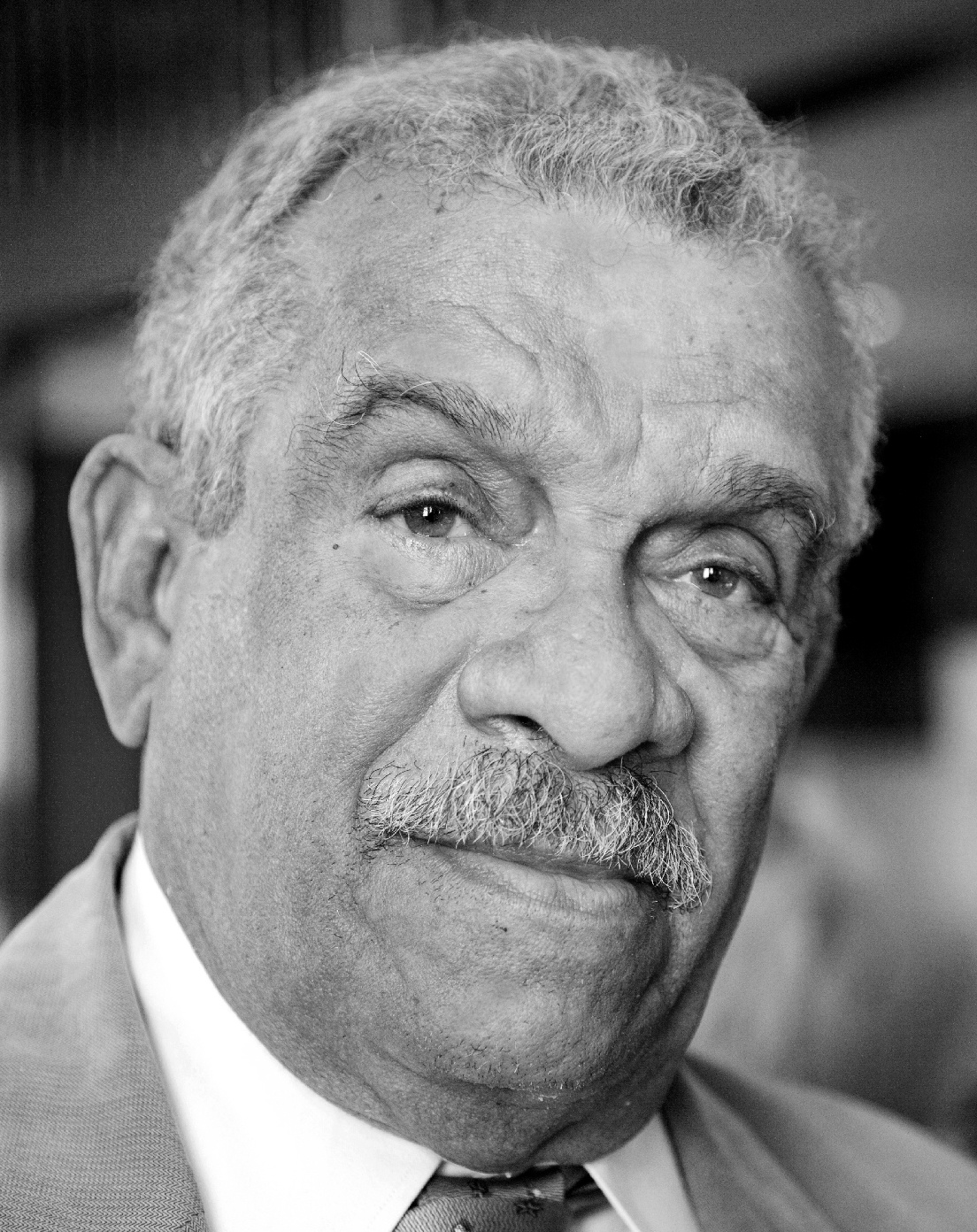 Author
AuthorDerek Walcott
Derek Walcott, winner of the 1992 Nobel Prize in Literature, was born in St. Lucia, Windward Islands, the West Indies, and has maintained a permanent residence in Trinidad for more than 20 years.
-
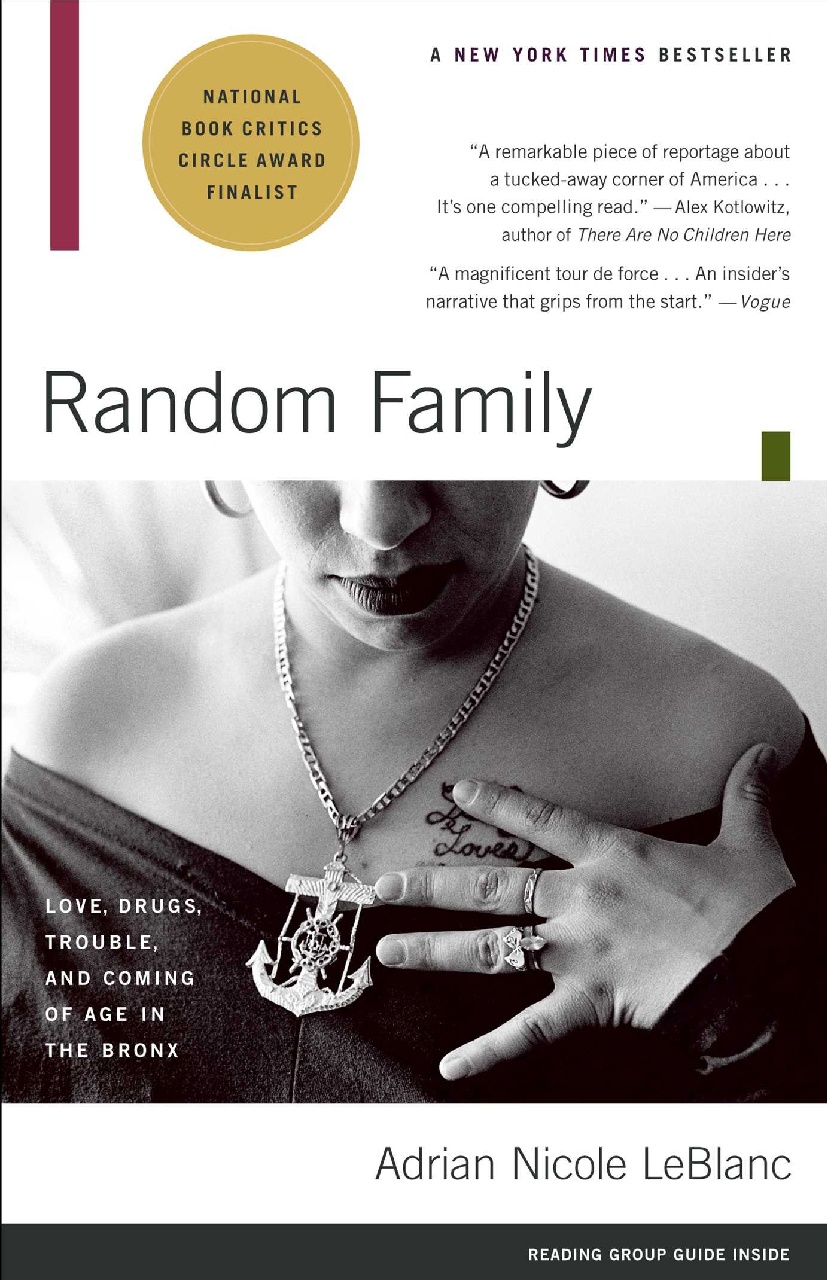 Book
BookRandom Family
More than anything, LeBlanc shows how demanding poverty is. Her prose is plain and unsentimental, blessedly jargon-free, and including street talk only when one of her subjects wants to “conversate.” This fine work deserves attention from policy makers and general readers alike.
-
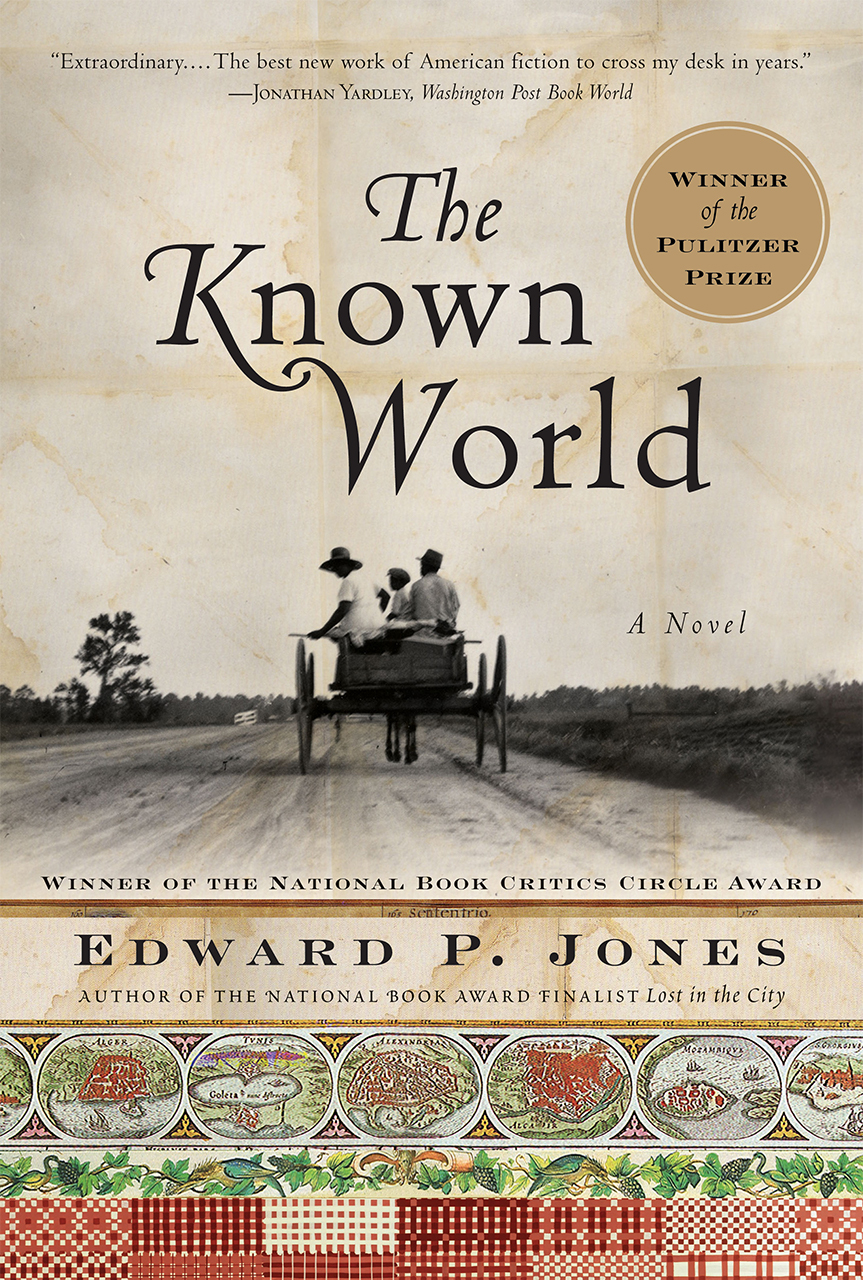 Book
BookThe Known World
Impossible to rush through, “The Known World” is a complex, beautifully written novel with a large cast of characters, rewarding the patient reader with unexpected connections, some reaching into the present day.
-
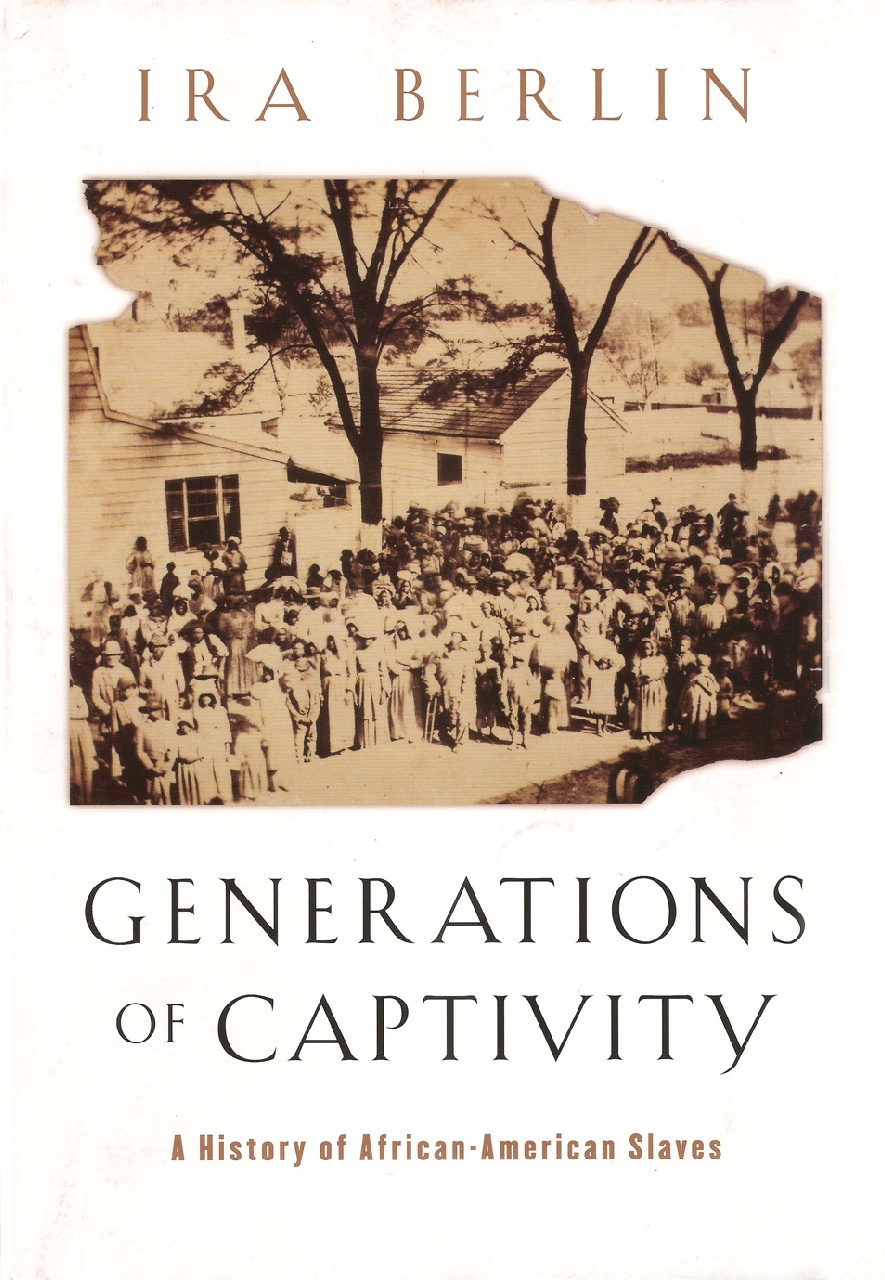 Book
BookGenerations of Captivity
Berlin has long been concerned with studying what he termed the “striking diversity” in African-American life under slavery—a diversity that, he argues, is especially evident when one is attentive to differences over space and time.
-
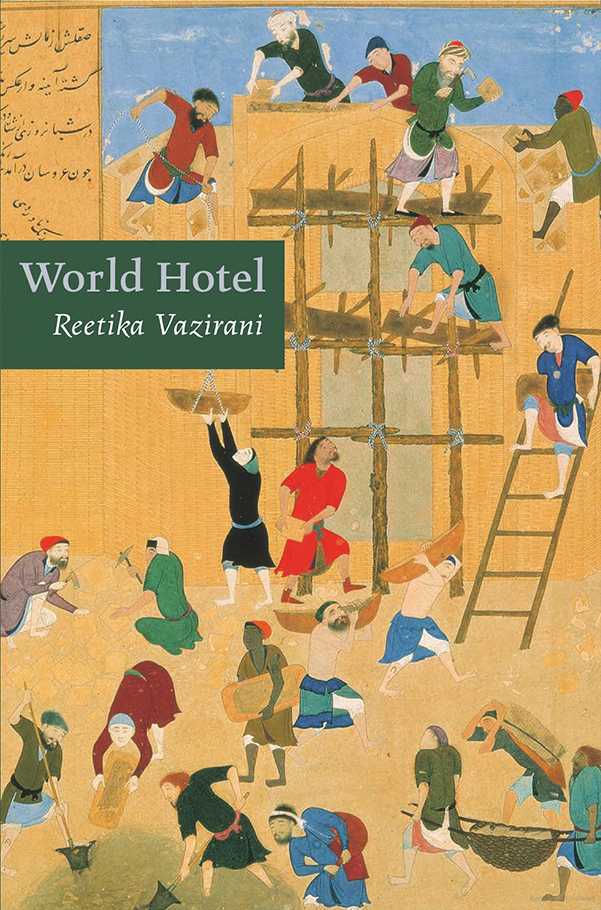 Book
BookWorld Hotel
Her awards include a 1999 Pushcart Prize, a 1998 Poets & Writers Exchange Program’s Discovery award, a “Discovery”/The Nation award, fellowships from the Watson Foundation, the Sewanee Writers Conference, the Bread Loaf Writers Conference.
-
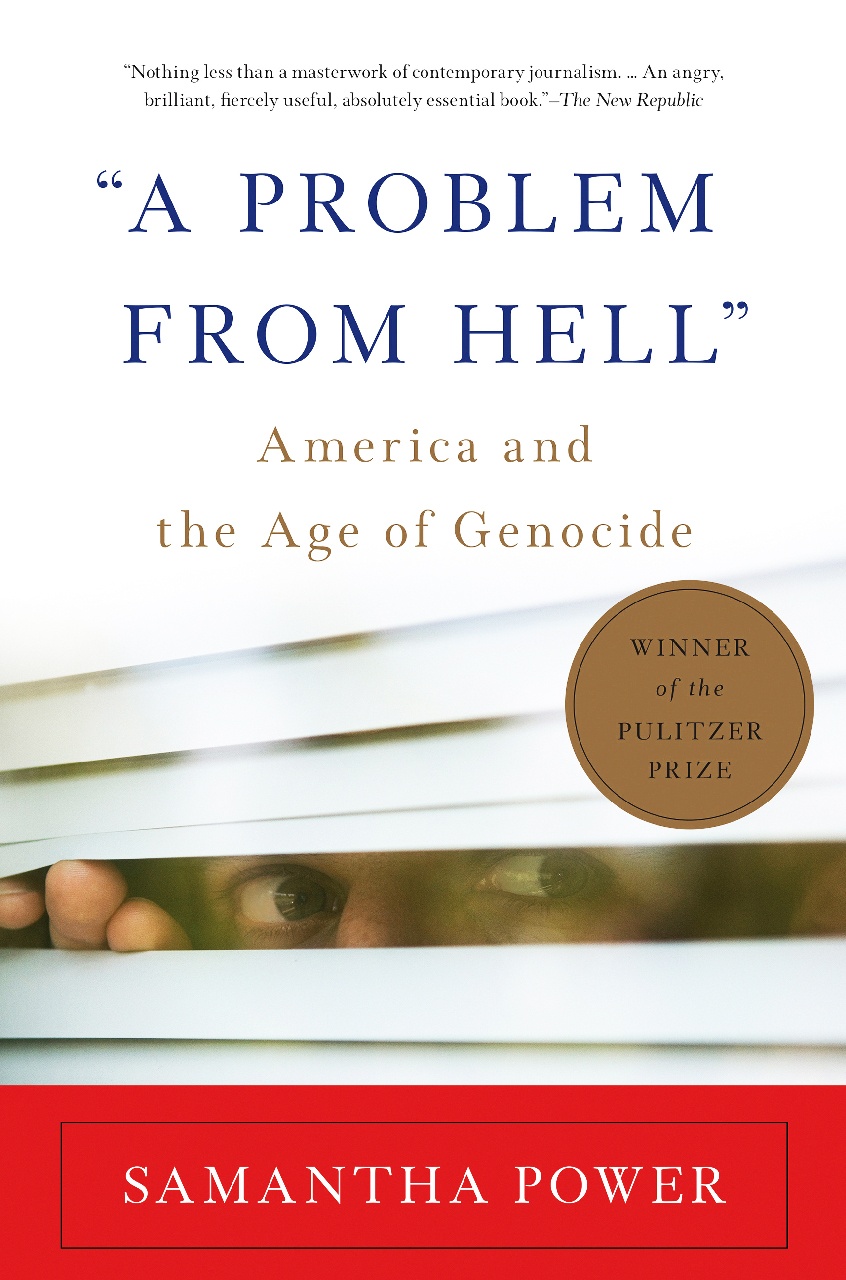 Book
BookA Problem From Hell
The emotional force of Power’s argument is carried by moving, sometimes almost unbearable stories of the victims and survivors of such brutality.
-
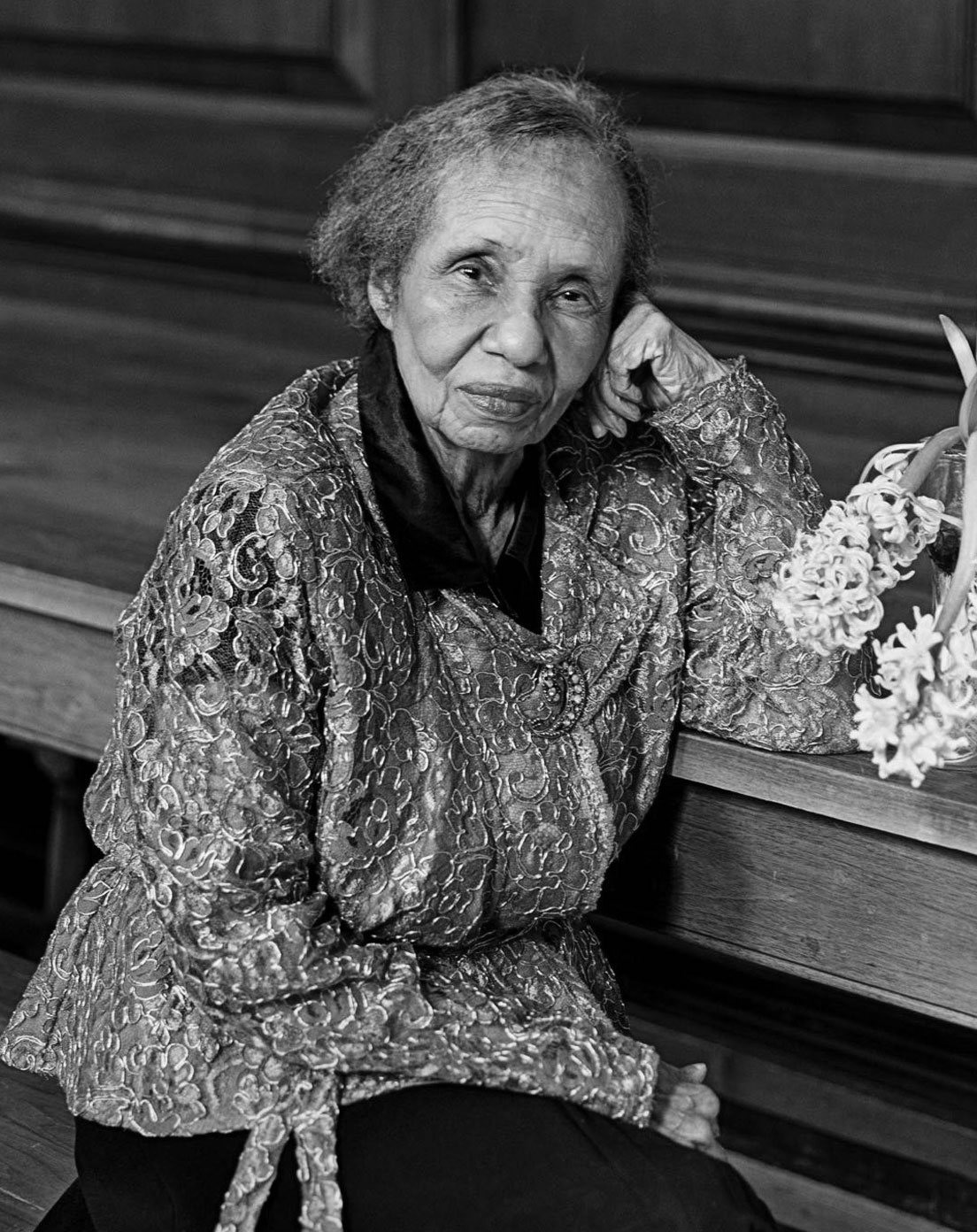 Author
AuthorAdrienne Kennedy
Adrienne Kennedy has been a force in American theatre since the early 1960s, influencing generations of playwrights with her hauntingly fragmentary lyrical dramas.
-
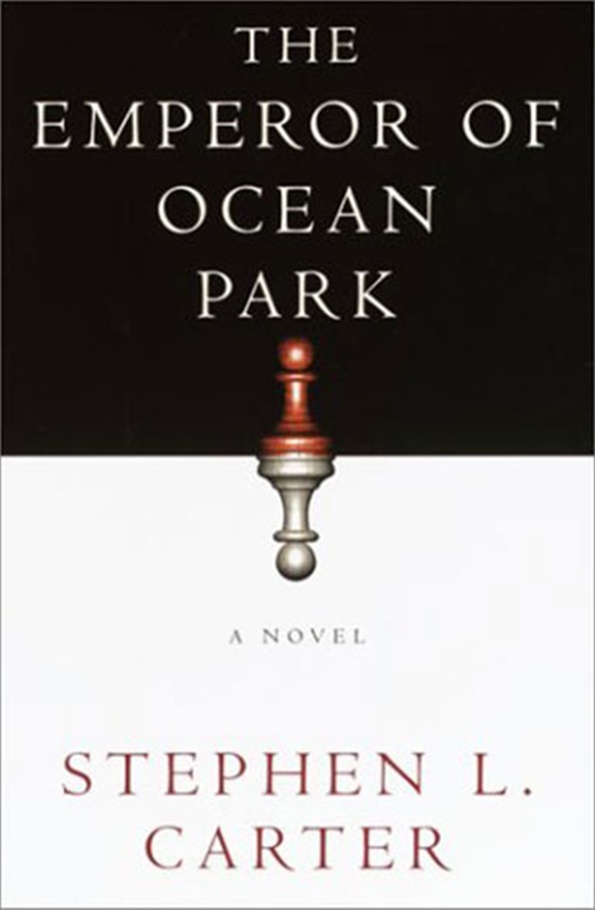 Book
BookThe Emperor of Ocean Park
Stephen L. Carter has helped shape the national debate on issues ranging from the role of religion in American politics and culture to the impact of integrity and civility in our daily lives.
-
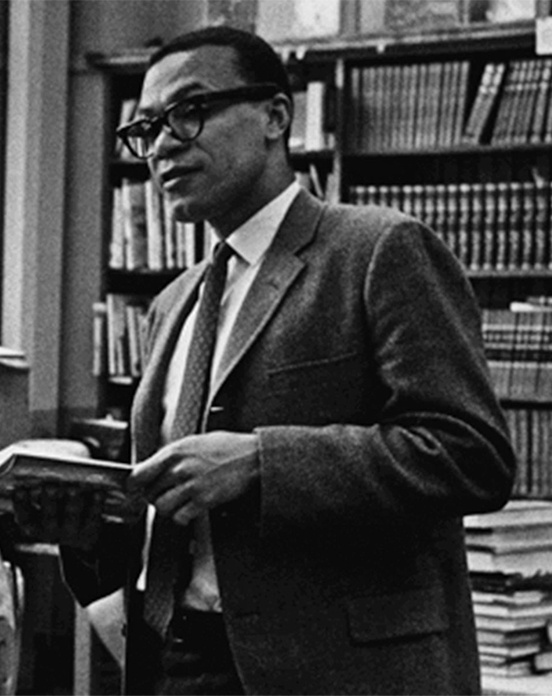 Author
AuthorJay Wright
Wright’s latest work, “Transfigurations: Collected Poems” has been called ‘nothing less than the great work of art.’
-
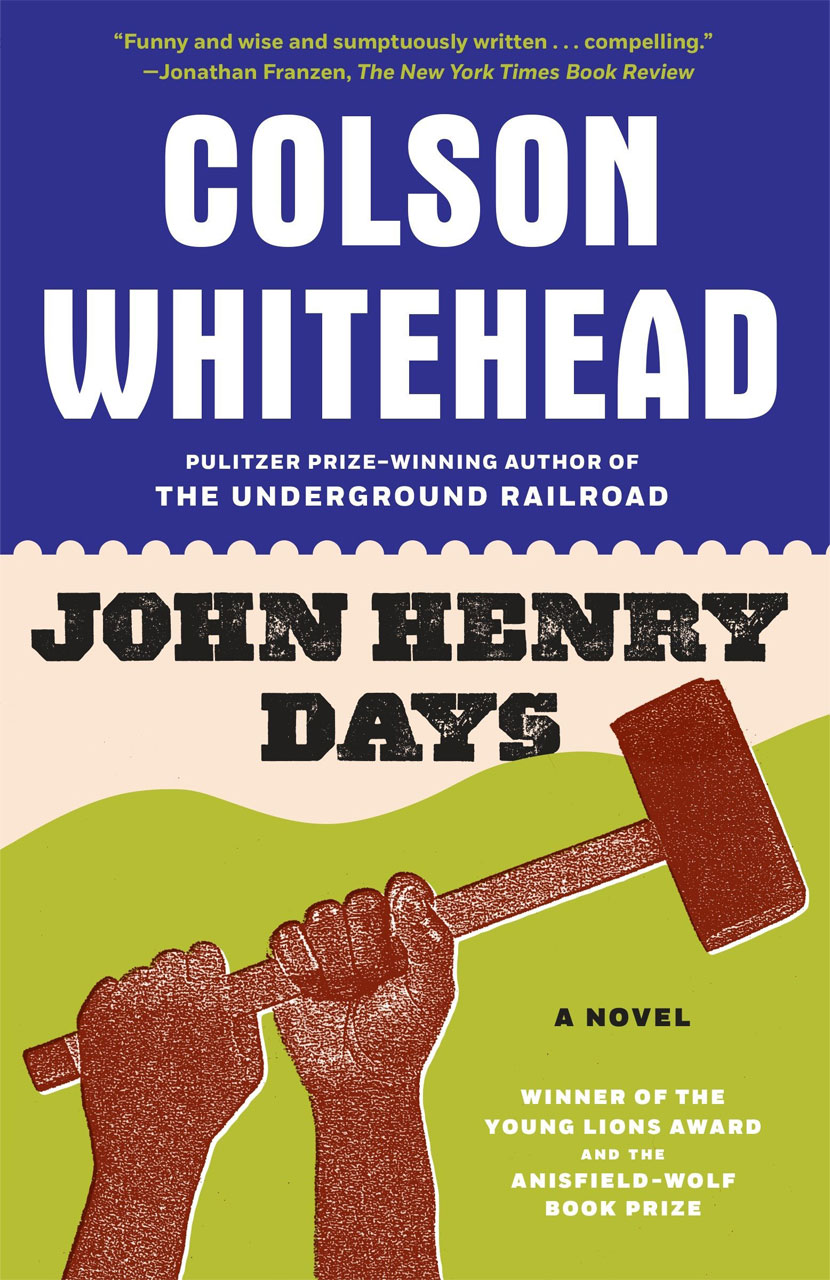 Book
BookJohn Henry Days
Smart, learned and soaringly ambitious, his second novel consolidates his position as one of the leading writers of serious fiction of his generation.